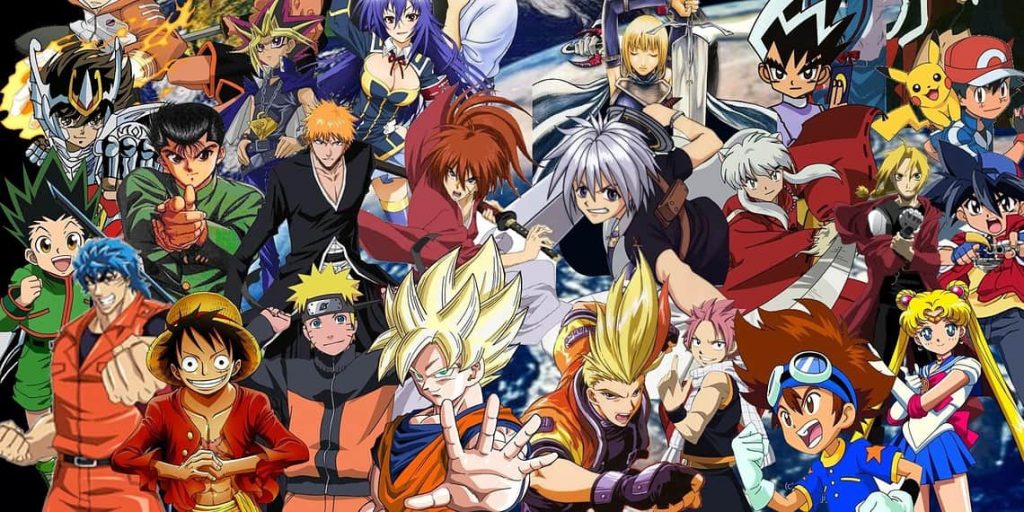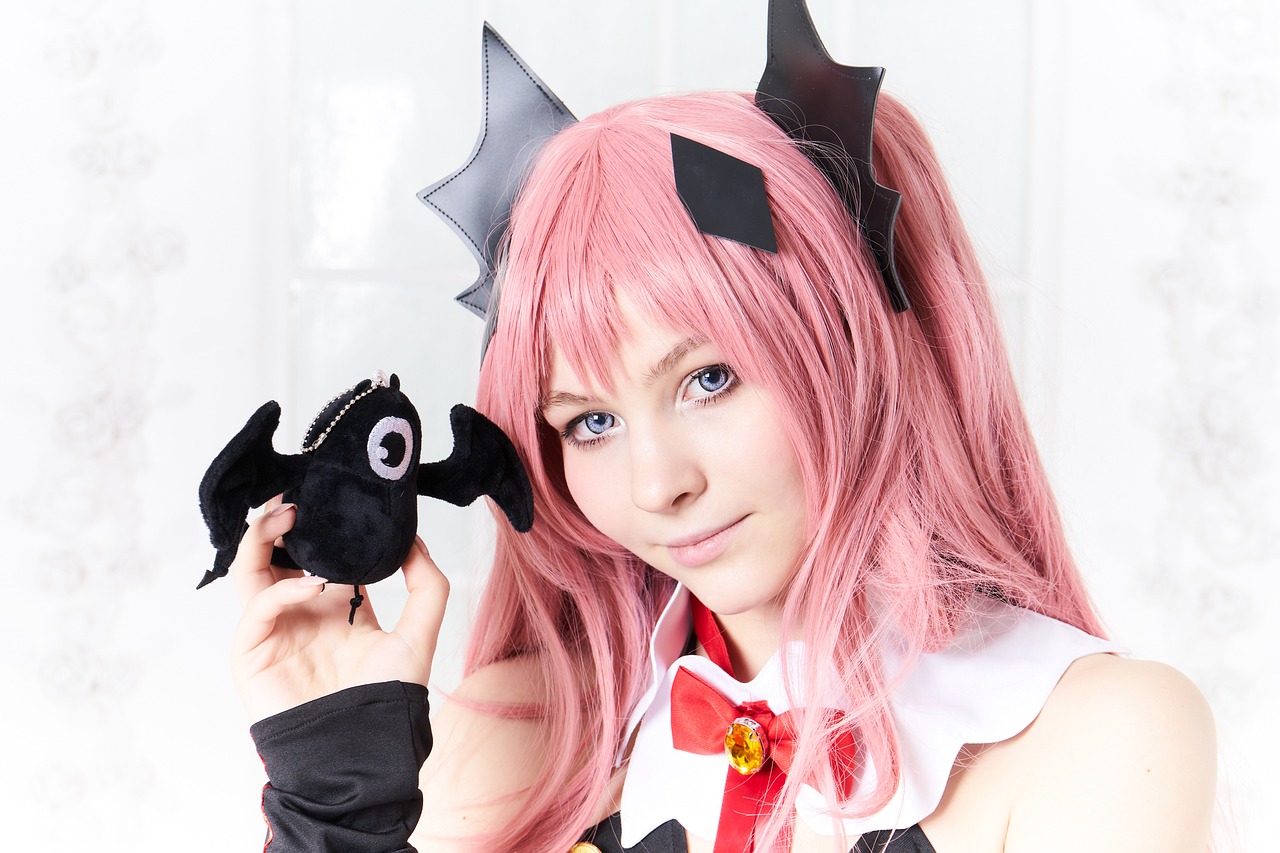Anime, a mesmerizing style of animation that originates in Japan, has amassed an enormous amount of popularity across the world, engaging audiences of all ages. It offers characters with a variety of characteristics, some of them are reserved and clever. These characters demonstrate qualities like contemplation, reflection, and the ability to solve difficult problems in a quick and effective manner. These characters are portrayed with depth, complexity, and unique perspectives, which draws viewers into the plot and offers a welcome contrast to characters that are more outgoing.
Anime is particularly skilled at depicting the complex inner landscapes of its characters, including the breadth and depth of their feelings, the internal conflicts they face, their powers of observation and analysis, their inventive problem-solving, their ability to lead in a humble manner, their personal growth as a result of their own introspection, and the art of character development. Characters are excellent at building intricate character development arcs, which adds depth to the plot and leaves a lasting influence on the audience.
The producers of anime are talented at designing elaborate characters, particularly reserved and clever characters. These arcs give the story more depth and leave a long-lasting influence on the audience. The development of such characters can be portrayed by a variety of methods, including the use of exposition in the form of soliloquies, subtle body language and expressions, significant relationships and bonds, the investigation of intellectual interests, and the overcoming of social challenges.
Characters from anime have provided us with a wealth of memorable examples of the positive qualities that can be found in introverted and clever people. Some characters have made an indelible impression on fans of anime all across the world, such as L Lawliet from “Death Note,” Rei Ayanami from “Neon Genesis Evangelion,” Shikamaru Nara from “Naruto,” Megumi Noda from “Nodame Cantabile,” and Houtarou Oreki from “Hyouka.”
These figures are honored in anime by depicting them in a way that emphasizes their significance to the progression of the story and the characters themselves. They are portrayed with depth, a range of emotions, and distinctive problem-solving talents, all of which highlight their respective strengths. Even though introverted characters are frequently shown in a positive light, anime explores a wide range of personalities, and some introverted characters may have defects or have difficulty interacting with others in social settings.
Characters in anime are multifaceted and authentic, making it possible for viewers to identify with them regardless of who they are as individuals. Characters that are more reserved and clever tend to have unique life experiences and fresh points of view.
Anime does not inherently encourage introversion over extroversion; rather, it celebrates the strengths of a variety of personality types and places an emphasis on the value of accepting one’s individuality. The expansion of a show’s characters heightens the emotional impact of the narrative, which in turn draws viewers more deeply into the plot and helps them forge connections with the characters that last.
Anime acts as a gripping canvas that highlights the characteristics of introverted and clever persons through the presentation of thoughtful characters and the telling of engaging stories. Not only do these personalities strike a chord with viewers, but they also encourage introspection within the audience as well as admiration for the strength of a reflective mind. Characters in anime show like “Death Note,” “Naruto,” and “Dr. Stone,” among others, display a high level of intelligence and originality in their work. Light Yagami is a character who possesses a high level of intelligence and excels in the areas of strategic thinking, precise planning, and manipulative abilities. On the other hand, it is essential to keep in mind that intellect can take many different forms in anime and is frequently depicted in a unique manner by each character.

Depending on the individual, watching anime can have either a beneficial or a detrimental effect on cognitive growth and IQ. Subtitled anime provides viewers with an opportunity to gain exposure to Japanese culture, language, and customs, which helps to improve cultural awareness as well as language skills. Complicated narratives, perplexing puzzles, and thought-provoking conundrums are all excellent ways to drive problem-solving and critical thinking. Emotional intelligence can be acquired by reading or watching stories with profound emotional themes and intricate character connections, emphasizing the characters, and gaining a grasp of human feelings. The creation of fantasy worlds, distinctive artistic styles, and imaginative narratives are all excellent ways to foster creativity and imagination. It is also beneficial to gain knowledge from the characters, especially considering the high level of intelligence, ingenuity, and resiliency displayed by many anime characters.
However, it is necessary to maintain a healthy balance between watching anime and participating in other activities, and consuming other forms of media. An excessive amount of time spent in front of a screen, even viewing anime, may have a significant impact on one’s ability to focus, as well as on their sleep habits and their overall well-being. In addition, not every anime series can be considered educational or intellectually challenging; therefore, viewers need to be selective about the content they watch in order to make sure that it has a favorable impact on their cognitive growth.
The extraordinary success of anime can be due to a number of factors, including its distinctive artistic style, its wide range of genres, and its intricate narratives. The favorable effects that watching anime can have on a viewer’s intelligence and cognitive capacities can be capitalized on if the viewer selects thought-provoking series and actively engages with the material in a critical manner. The attraction of anime can be attributed to its in-depth storytelling, emotional impact, global accessibility, relatable characters, escapism and fantasy, fanbase and community, distinctive cultural perspective, and ever-lasting legacy. An original concept is the first step in the production process, followed by scriptwriting, storyboarding, character design and art direction, voice acting, animation, in-between animation, background art, digital compositing and editing, sound design and music, post-production and editing, and finally broadcasting and distribution. Anime is a well-liked and influential medium all over the world because of its distinctive visual style and storytelling, all of which contribute to the anime’s distinctive visual style and appeal.
The appeal of anime resides in its capacity to connect with viewers on a number of different levels, which helps to develop a robust sense of community. Because of the proliferation of digital streaming services and communities dedicated to fan subtitling, anime is now widely available to viewers all over the world. Conventions, fan art, fan literature, and online debates all contribute to the strong sense of community that exists among the anime fandom. This community is incredibly active and enthusiastic.
The lengthy history of the anime and its several classic series continues to draw in new audiences, which contributes to the medium’s enduring popularity. Anime is a popular and influential form of media all over the world because of its distinctive visual style and storytelling, both of which are contributed to by the complexity and detail involved in its production.

